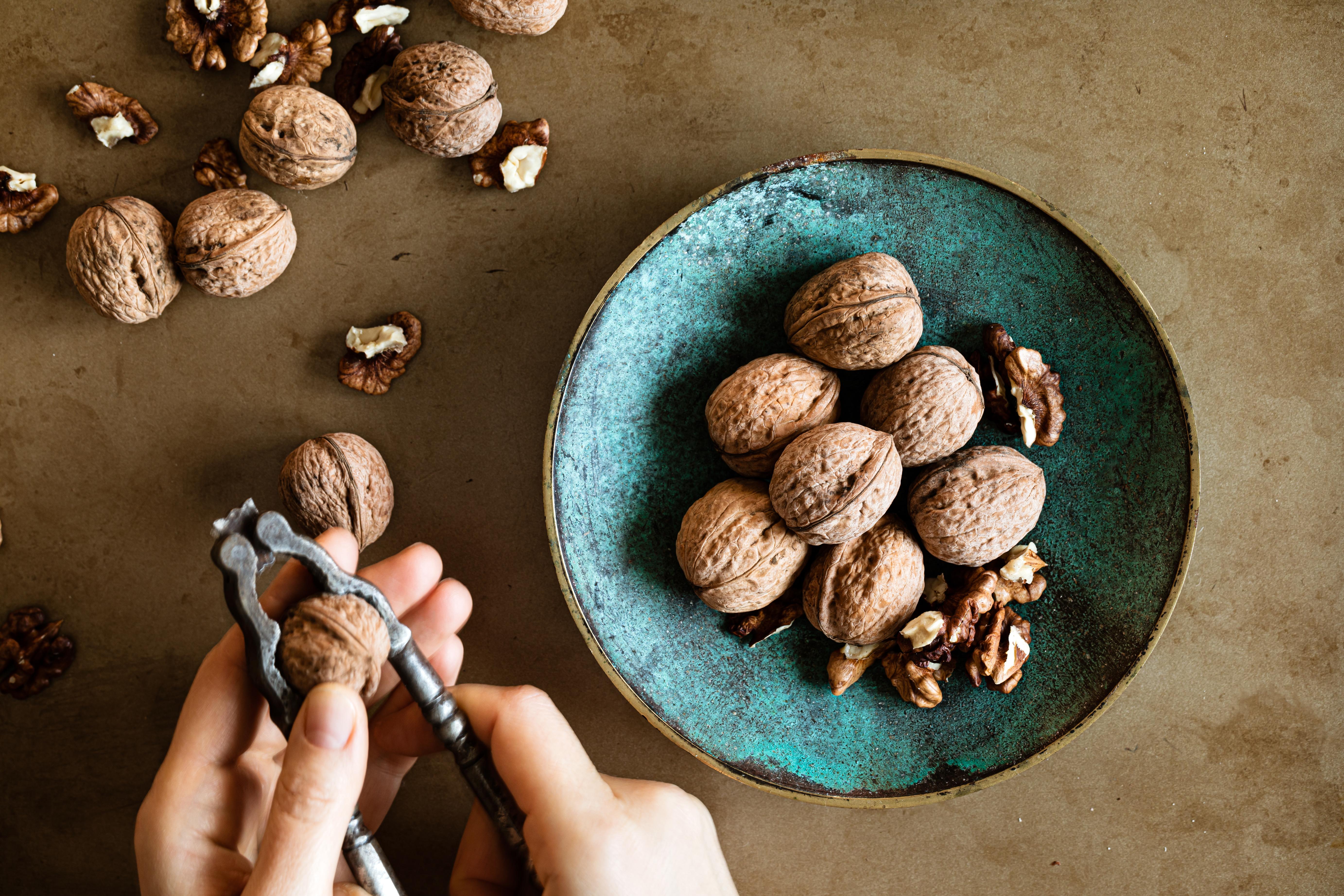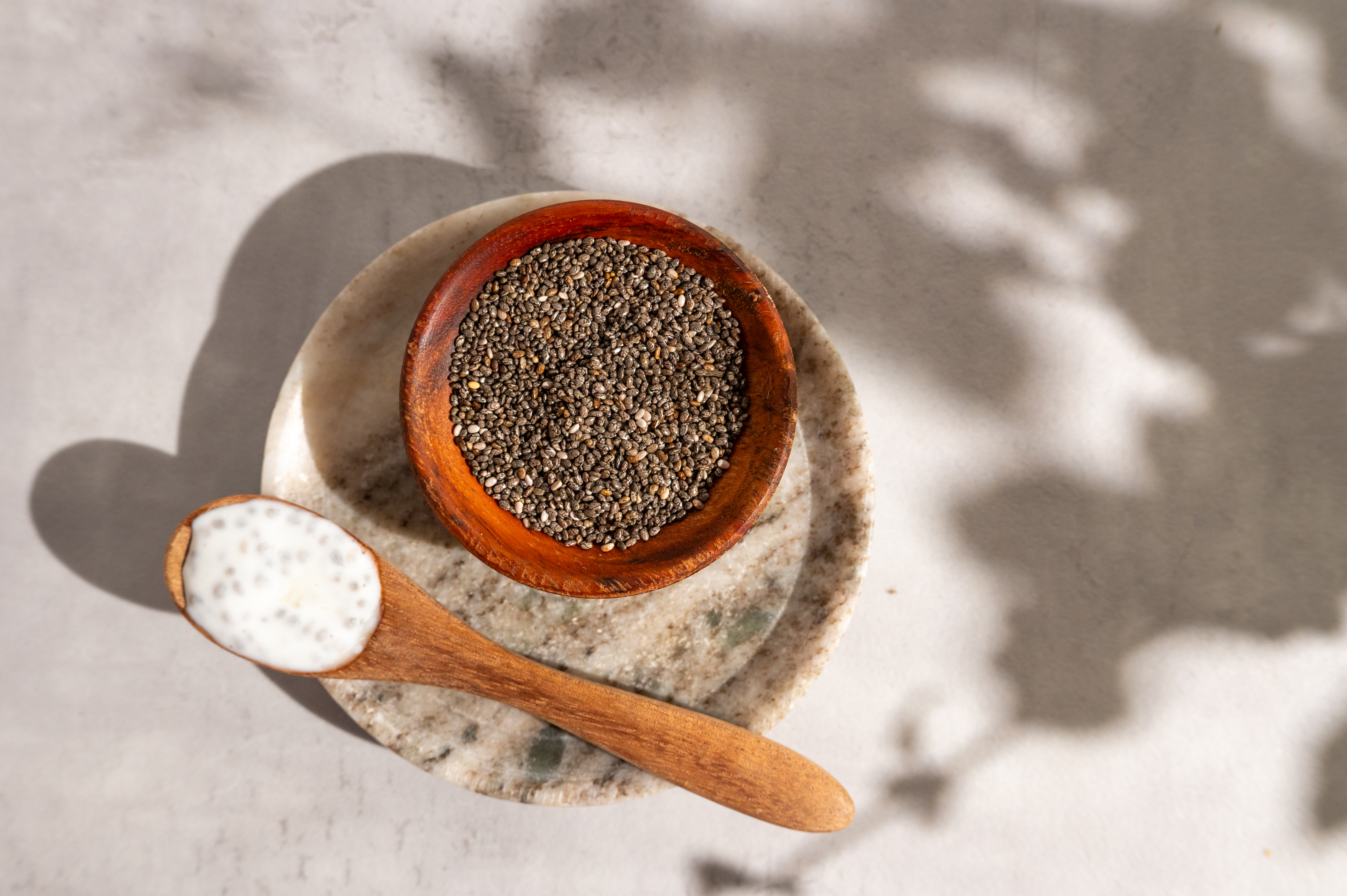'Healthy Fats' You Should Be Eating More Of (And Why)
3. Nuts: Tiny Packages of Nutrient-Dense Energy

Nuts are small but mighty when it comes to their nutritional profile. They are an excellent source of healthy fats, particularly monounsaturated and polyunsaturated fats, which are essential for heart health. Each type of nut offers a unique blend of nutrients, but they all share the common benefit of being rich in healthy fats, protein, and fiber. This combination makes nuts a satisfying and energy-boosting snack that can help support weight management by promoting satiety. Almonds, for example, are high in vitamin E, an antioxidant that supports skin health and protects cells from oxidative damage. Walnuts are a notable source of alpha-linolenic acid (ALA), a plant-based omega-3 fatty acid that supports brain health and may reduce inflammation. Cashews provide a good amount of magnesium, which is essential for bone health and energy production. The diversity of nutrients found in nuts makes them a valuable addition to any diet. Regular consumption of nuts has been linked to numerous health benefits, including reduced risk of heart disease, improved cholesterol levels, and better blood sugar control. Despite their high-calorie content, studies have shown that eating nuts does not lead to weight gain and may even support weight loss efforts. This is likely due to their ability to enhance feelings of fullness and reduce overall calorie intake. By incorporating a variety of nuts into your diet, you can enjoy their flavorful crunch while supporting your overall health.
4. Seeds: Tiny Nutritional Powerhouses

Seeds may be small, but they are packed with nutrients and healthy fats that can have a big impact on your health. Chia seeds, flaxseeds, and hemp seeds are particularly renowned for their high content of omega-3 fatty acids, fiber, and protein. These seeds are an excellent plant-based source of healthy fats, making them an ideal choice for vegetarians and vegans looking to boost their omega-3 intake. The healthy fats found in seeds support heart health, brain function, and reduce inflammation. Chia seeds are rich in alpha-linolenic acid (ALA), a type of omega-3 fatty acid that has been shown to lower the risk of heart disease. They also contain a significant amount of fiber, which aids in digestion and promotes a feeling of fullness. Flaxseeds are another excellent source of ALA and are known for their lignan content, which may have cancer-fighting properties. Hemp seeds are unique in that they provide a complete protein, containing all nine essential amino acids, making them an excellent choice for muscle repair and growth. Incorporating seeds into your diet is easy and versatile. They can be sprinkled on yogurt, added to smoothies, or used as a topping for salads and oatmeal. Their mild flavor allows them to be easily integrated into a variety of dishes, enhancing both the nutritional value and texture. By including seeds in your diet, you can enjoy their myriad health benefits while adding a satisfying crunch to your meals.
